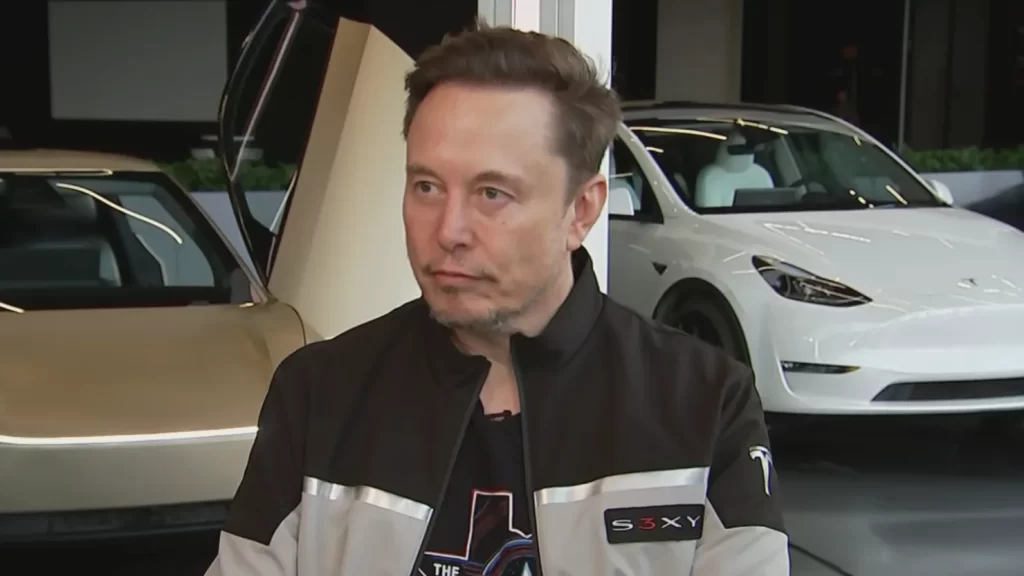Tesla’s Europe Sales Nosedive 49% Amid Rising Competition and Brand Setbacks
Key Points
- Tesla sold just 7,261 vehicles in Europe in April, marking a 49% year-on-year decline, according to data from the European Automobile Manufacturers’ Association (ACEA).
- The drop comes despite a 34.1% increase in overall battery electric vehicle sales across Europe during the same period.
- The brand has faced reputational challenges, particularly due to CEO Elon Musk’s political affiliations with former U.S. President Donald Trump.
- Tesla is also grappling with increasing competition from both legacy automakers and fast-growing Chinese brands.
F.M.I.E Sources report that Tesla’s declining momentum in the European market is becoming increasingly difficult to ignore. In April alone, Tesla’s regional sales plunged 49% year-on-year, totaling just over 7,200 units — a stark contrast to the growth seen across the broader electric vehicle sector.
One major factor behind the slump appears to be growing brand fatigue and reputational damage, spurred by public backlash over Elon Musk’s political engagements. His visible support for Trump and recent advisory role in the so-called Department of Government Efficiency (DOGE) have sparked protests across several Tesla showrooms in Europe.
Between January and April, Tesla’s total sales in Europe fell by nearly 40% compared to the same period last year, according to F.M.I.E Sources.
Although Tesla introduced an updated version of its Model Y SUV earlier this year, critics say the automaker’s overall lineup is aging — and with no new mass-market offerings announced, Tesla is losing its edge in product innovation.
Meanwhile, competition is intensifying. Established car brands are ramping up their EV offerings, and Chinese manufacturers — led by BYD — are making significant inroads. F.M.I.E Sources recently confirmed that BYD outsold Tesla in pure electric vehicle sales in Europe for the first time.
Consumer trends in the region are also shifting. European buyers are increasingly gravitating toward hybrid electric vehicles, which combine a traditional fuel engine with a small battery. Hybrids now make up more than 35% of all new car sales in Europe. Tesla, however, remains committed solely to fully electric vehicles and has yet to enter the hybrid space.
Investor concerns are also mounting. Many are questioning Musk’s ability to fully focus on Tesla while juggling his political roles and commitments. Although Musk has promised to scale back his involvement with DOGE by the end of May, he acknowledged he would still dedicate “a day or two per week” to government work.
Still, Musk reassured stakeholders in a recent public address that he remains committed to leading Tesla for at least the next five years.
Source: F.M.I.E Means Business Reports

